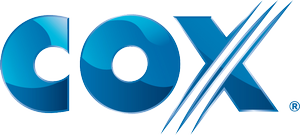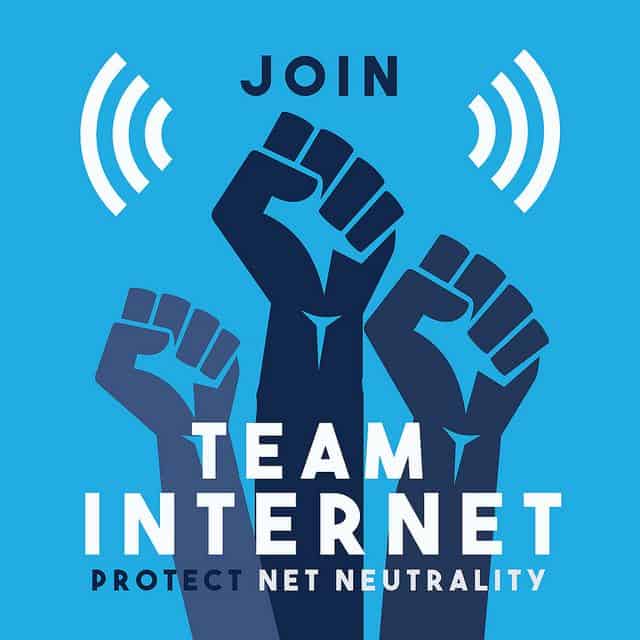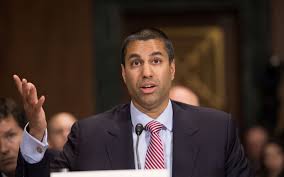 Cox Communications, which spent much of 2017 implementing data caps and overlimit fees on its broadband customers, is back for more with plans for sweeping rate increases that take effect Jan. 7, 2018.
Cox Communications, which spent much of 2017 implementing data caps and overlimit fees on its broadband customers, is back for more with plans for sweeping rate increases that take effect Jan. 7, 2018.
According to a bill notification received by a DSL Reports reader, a long list of video packages will increase from $1-5 a month, with lower amounts for slimmed down TV packages and higher increases for Contour TV packages. Cox will collect even more from a big boost to its Broadcast TV Surcharge, rising from $4 a month to $7.50. Only one channel — Playboy — will see a significant rate cut (from $19.95 to $15.99).
Cox TV Package Rate Increases (effective Jan. 7, 2018)
Flex Watch will change from $40.00 to $41.00.
TV Economy will change from $34.99 to $38.00.
TV Essential will change from $75.99 to $79.99.
Contour TV will change from $79.99 to $84.99.
Contour TV Ultimate will change from $161.99 to 166.99.
Contour TV Preferred will change from $91.99 to $96.99.
Contour TV Premier will change from $105.99 to $108.99.
Advanced TV Ultimate will change from $158.99 to $161.99.
Advanced TV Ultimate with 4 Premiums will change from $167.99 to $170.99.
Advanced TV Ultimate with 4 Premiums and Record 6 DVR will change from $165.99 to $168.99.
Paquete Latino will change from $35.00 to $36.00.
El Mix will change from $52.49 to $53.49.
Super Mix will change from $89.99 to $94.99.
Flex Watch Latino will change from $13.51 to $14.51.
TV Economy Latino will change from $44.99 to $48.00.
Contour TV Latino will change from $89.99 to $94.99.
Contour TV Latino Preferred will change from $101.99 to $106.99.
Contour TV Latino Ultimate will change from $175.99 to $178.99.
Entertainment Package with 3 Premiums will change from $138.24 to $143.24.
Entertainment Package with 4 Premiums will change from $149.74 to $154.74.
CableCARD will change from $2.00 to $2.99.
Playboy will change from $19.95 to $15.99.
The Broadcast Surcharge will change from $4.00 to $7.50.
Substantial rate hikes are also forthcoming for Cox’s internet packages, rising $2-4 a month when bundled with at least one other service.
Cox High Speed Internet Rate Increases
Starter will change from $34.99 to $36.99.
Essential will change from $52.99 to $55.99.
Preferred will change from $67.99 to $71.99.
Preferred 100 will change from $72.99 to $76.99.
Premier will change from $79.99 to $82.99.
Cox is also risking losing customers for its digital phone service, which often gets targeted for cancellation when there are sweeping rate hikes. Cox seemed undeterred, boosting some basic plan prices while dropping others.
Cox Digital Telephone Rate Increases
Starter will change from $13.99 to $14.99.
Economy will change from $18.50 to $18.39.
Starter Lifeline will change from $10.99 to $11.74.
Essential Lifeline will change from $21.99 to $21.74.
Premier Lifeline will change from $31.99 to $31.74.
An Additional Telephone Line will change from $13.99 to $14.99.
The FCC Access Fee will change from $7.10 to $6.00.
The Cost Recovery Fee will change from $1.49 to $1.60.
Toll Restriction will change from $1.49 to $1.60.
A Cox spokesperson said the rate increases were to cover increased programming expenses, as well as recovering some of the investments Cox has made to improve its equipment and broadband service. Customers on a promotional rate plan are unaffected by the rate increases until their current promotion expires.


 Subscribe
Subscribe Thousands of pro-Net Neutrality supporters are expected to protest the imminent repeal of rules protecting a free and open internet at more than 600 Verizon retail stores nationwide on Thursday, Dec. 6.
Thousands of pro-Net Neutrality supporters are expected to protest the imminent repeal of rules protecting a free and open internet at more than 600 Verizon retail stores nationwide on Thursday, Dec. 6. News that Google
News that Google 

 Charter Communications has announced gigabit broadband is available on the Hawaiian island of Oahu for $104.99/month, thanks to DOCSIS 3.1 upgrades being tested in the state.
Charter Communications has announced gigabit broadband is available on the Hawaiian island of Oahu for $104.99/month, thanks to DOCSIS 3.1 upgrades being tested in the state.